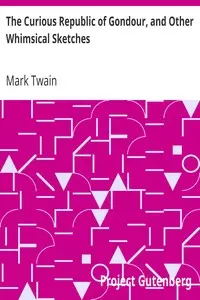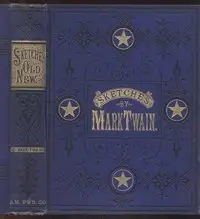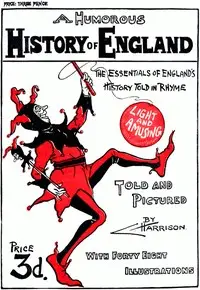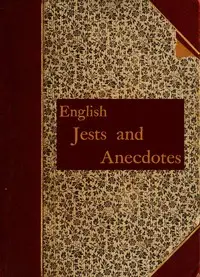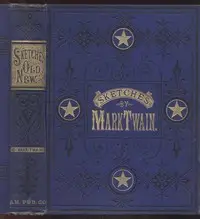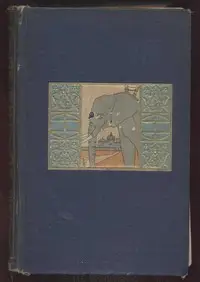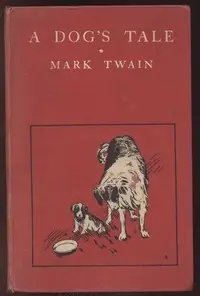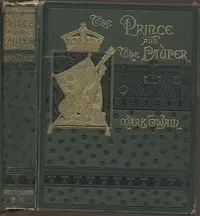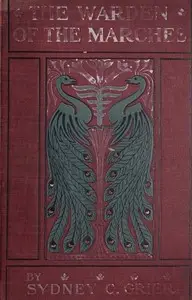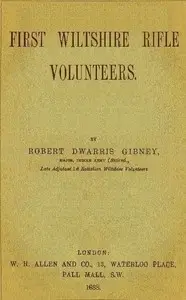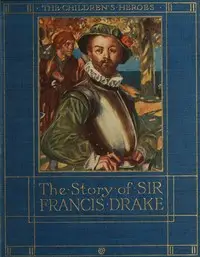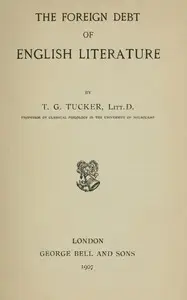"1601: Conversation as it was by the Social Fireside in the Time of the Tudors" by Mark Twain is a funny take on the Elizabethan era, using silly conversations to poke fun at its society. The story imagines a get-together with Queen Elizabeth I and famous people like Shakespeare, where they chat about stuff like bathroom habits and rude jokes. Twain uses this to make fun of fancy literary culture and show that even the most proper people can be a bit silly and gross. It's like a mix of history and comedy, where Twain shows off how good he is at making fun of social customs while still keeping things interesting with his wit.

1601: Conversation as it was by the Social Fireside in the Time of the Tudors
By Mark Twain
In Queen Elizabeth's private room, big historical figures let loose with bawdy jokes and bathroom humor, exposing the silly side of a supposedly proper time.
Summary
About the AuthorSamuel Langhorne Clemens, known by the pen name Mark Twain, was an American writer, humorist, and essayist. He was praised as the "greatest humorist the United States has produced," with William Faulkner calling him "the father of American literature." Twain's novels include The Adventures of Tom Sawyer (1876) and its sequel, Adventures of Huckleberry Finn (1884), with the latter often called the "Great American Novel." He also wrote A Connecticut Yankee in King Arthur's Court (1889) and Pudd'nhead Wilson (1894) and cowrote The Gilded Age: A Tale of Today (1873) with Charles Dudley Warner.
Samuel Langhorne Clemens, known by the pen name Mark Twain, was an American writer, humorist, and essayist. He was praised as the "greatest humorist the United States has produced," with William Faulkner calling him "the father of American literature." Twain's novels include The Adventures of Tom Sawyer (1876) and its sequel, Adventures of Huckleberry Finn (1884), with the latter often called the "Great American Novel." He also wrote A Connecticut Yankee in King Arthur's Court (1889) and Pudd'nhead Wilson (1894) and cowrote The Gilded Age: A Tale of Today (1873) with Charles Dudley Warner.



